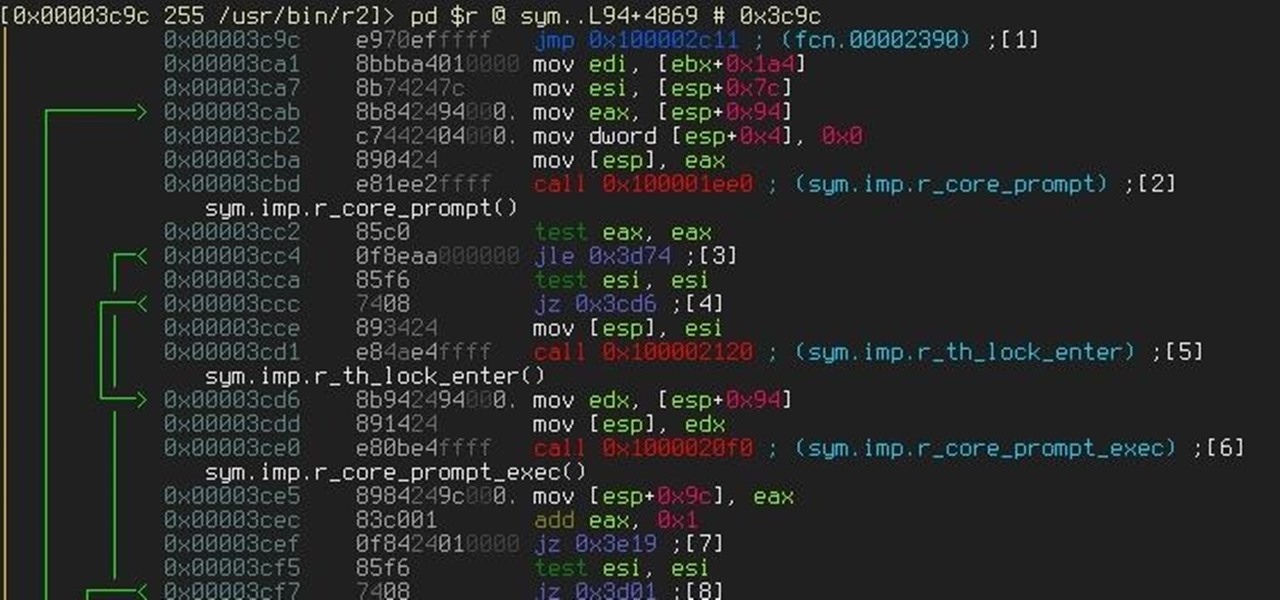Introduction
In the world of cybersecurity, even small updates can have significant impacts. Recently, an update to CrowdStrike’s Falcon software caused unexpected system crashes, leading to confusion and concern. This blog will break down what happened, explain the technical details, and offer solutions to prevent further issues.

What Happened?
“Hospitals, banks, airports, airlines and broadcasters worldwide were impacted by a massive, ongoing IT outage Friday. Thousands of Windows PCs, which many companies and organizations rely on as part of their critical internet infrastructure, were hit by the CrowdStrike outage. Perhaps most concerning, several US states reported that their emergency 911 call centers were also hit.”
As most of you by now have either faced or heard about the Crowed Strike Issue which has Caused a massive IT outage World Wide on Firday 19th July 2024.
On Friday, 19th July 2024, When servers were resting at 04:09 UTC. Falcon Crowedstrike has release a patch update world wide which has effected reportedly 8.2 million systems across the globe. In this update crowdstrike has updated one of their channel files
“CHANNEL FILE 291” which has caused the globle IT outage lets break and understand the issue

Detailed Chronological Breakdown of the System Crash
1. Update Deployment
- Purpose: The update aimed to enhance Falcon’s ability to detect and block malicious named pipes used by Command and Control (C2) frameworks. C2 frameworks are tools used by attackers to control compromised systems remotely.
- Event: An update was applied to CrowdStrike Falcon’s software at 04:09 UTC.
2. Channel File Impact
- Event: The update targeted a specific Channel File, named “Channel File 291” (C-00000291*.sys).
- Role: This file is responsible for evaluating how named pipes are used by processes on the Windows system.
- Channel File: A type of file used by CrowdStrike Falcon to manage and implement specific security functions. These files are located in
C:\Windows\System32\drivers\CrowdStrike\. - Named Pipes: A method for inter-process communication (IPC) that allows different processes or programs to exchange data.
- Evaluation: The process of analyzing or assessing named pipe activities to detect any suspicious or malicious behavior.
3. Logic Error and System Crash

- Event: The update introduced a logic error in Channel File 291, which led to a system crash.
- Details: The logic error occurred in the way Falcon’s software handled named pipe evaluation, causing the system to become unstable.
- Logic Error: A mistake in the programming logic of the software that causes it to behave unexpectedly or incorrectly.
4. Null Pointer Dereference
- Event: The system crash was traced back to a “null pointer dereference” in the
csagent.sysdriver. - Cause: The
csagent.sysdriver attempted to access or modify data at a memory location that was set to null (i.e., pointing to no valid data), leading to the crash. - Null Pointer Dereference: An error that occurs when software tries to use a memory location that is set to null, resulting in system instability or crashes.
5. Reverse Engineering Analysis

- Event: Reverse engineering of the crash revealed the specific issue.
- Findings: The problem originated from the driver files named C-00000291*.sys, which were likely causing the system crash when processed by the
csagent.sysdriver. - Reverse Engineering: The process of analyzing a system or software to understand its components, functionality, and find the root cause of an issue.
- Driver Files: Files that contain code to manage interactions between the operating system and hardware or software components.
6. Kernel and Driver Importance

- Event: The crash underscored the critical role of the kernel and drivers in system stability.
- Details: Errors in the kernel or drivers can cause severe system crashes due to their central role in managing system resources and hardware communication.
- Kernel: The core component of an operating system that manages hardware resources, system operations, and provides a communication layer between software and hardware.
7. File Concerns
- Event: Analysis revealed numerous null bytes in Channel File 291, suggesting potential errors during file handling.
- Details: The presence of these null bytes raised concerns about possible errors in the file’s creation, packaging, or final adjustments.
- Null Bytes: Sequences of zero values within a file, which may indicate issues during the file’s creation or modification processes.
- Packaging: The process of preparing software or files for distribution and installation.
Conclusion
The system crash resulting from the CrowdStrike Falcon update highlights the complexities of software updates and their potential impacts. By understanding the chronological sequence of events and the technical terms involved, users and IT professionals can better address similar issues and ensure system stability. Implementing preventive measures and thoroughly testing updates can help avoid such disruptions in the future.
